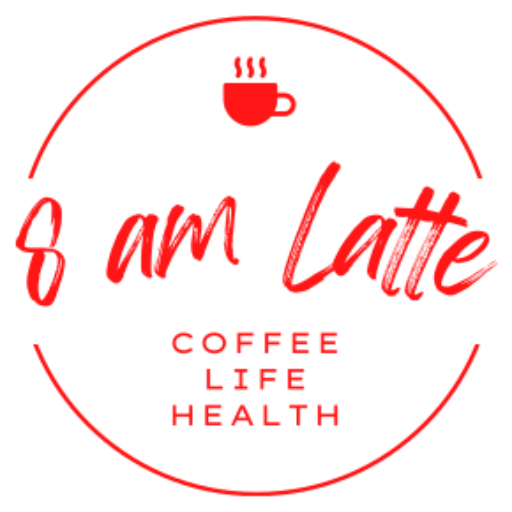Schizophrenia is a chronic mental illness that affects a person’s ability to feel emotions, think logically, and behave appropriately in situations. The cause is unknown, and the symptoms include impairments in speech, disorganized activities or behavior, or decreased participation in daily activities. Treatment can be done only to improve one’s quality of life. This includes making certain dietary changes. But, understand, a diet simply cannot cure the condition; it can only help manage the symptoms.
Gluten-free options
Changing certain foods to suit the long-term medications can aid in better symptom management. Gluten is a protein that is found in most grains, seeds, and wheat cereals. A gluten intolerance indicates that the body is unable to process this food source, and, as a result, it can trigger complications linked to known diseases and mental disorders. Nutritionists often recommend switching to a gluten-free diet to manage the chronic and long-term effects of schizophrenia better. A change in diet can also promote a better metabolic response, one of the essential functions for converting all consumed foods and beverages into energy.
Avoid sugary and processed foods
Studies indicate that consuming sugar and processed foods can trigger elevated levels of stress and depression. The processed ingredient added to increase shelf life can trigger an inflammatory response that directly affects mood and behavior. This also increases the risk of anxiety and depression. It is not uncommon for people with the illness to make poor food choices as processed and sugary foods may provide a false sense of comfort, all because they taste good. However, long-term consumption adds no nutrition value, and if left unchecked, these foods increase the inherent risk of diabetes and obesity among schizophrenia patients.
Include more healthy fibers and whole foods
Foods rich in fiber help aid better digestion and allow a person to feel fuller for a better part of the day. The likelihood of binging and unhealthy snacking is also low when one feels they have had a fuller meal. Popular fiber-rich options include brown rice, pasta, muesli, and brown bread. Even starchy veggies like potatoes boast a decent amount of fiber when cooked with the skin. A healthy fiber-rich diet also helps manage weight gain as one does not feel the need to keep snacking throughout the day.
Portioning meals
Nutritionists also recommend having frequent meals in smaller portions to better manage the food intake during the day. This will work for most types of schizophrenia-friendly diets. And one of the most important meals is breakfast. Having a hearty breakfast of one’s favorite cereal or a bowl of fresh fruits will curb any hunger pangs and avoid snacking till lunchtime. It is also important to stay hydrated during the day. Fluids will help with blood circulation and allow the body to flush out toxins naturally. Moreover, adults must drink at least two liters of water every day.





